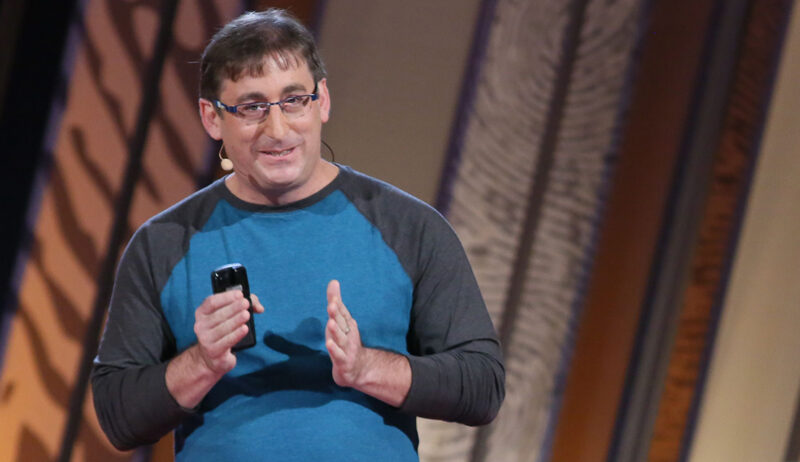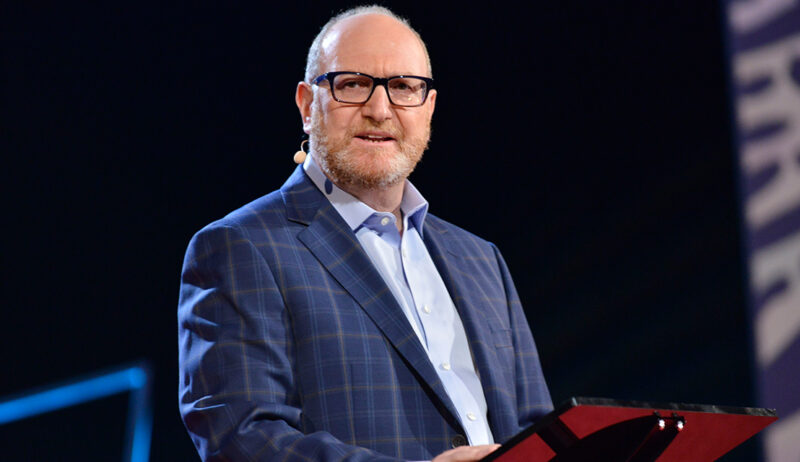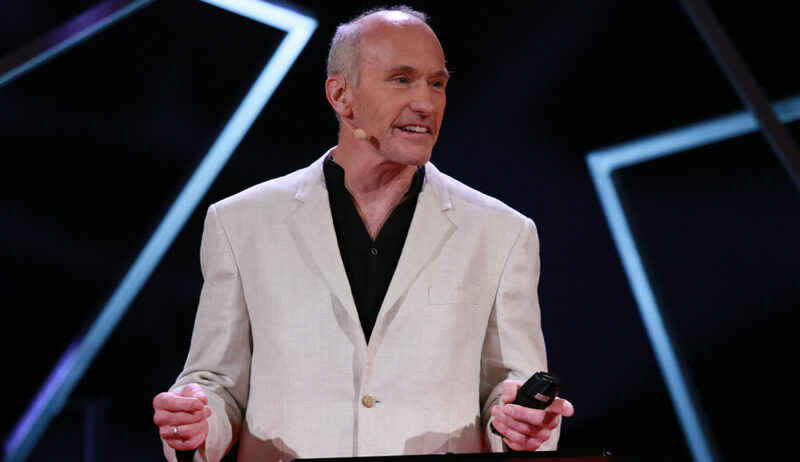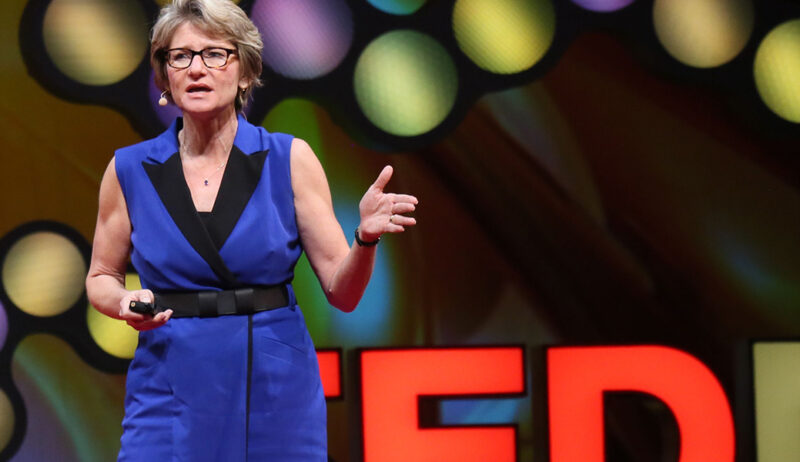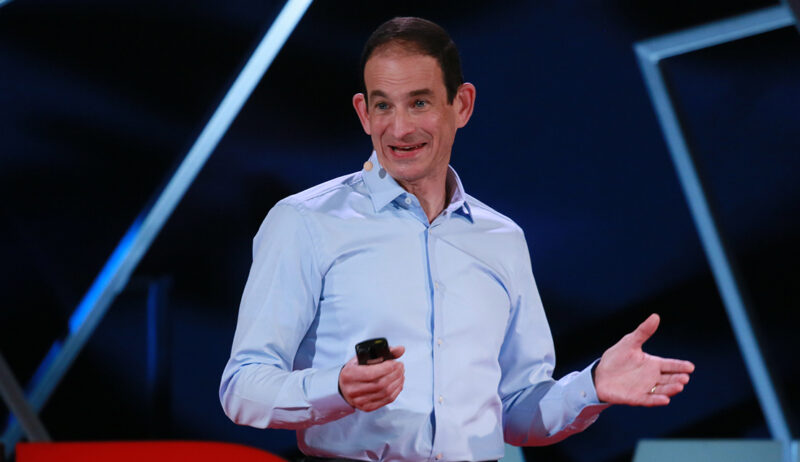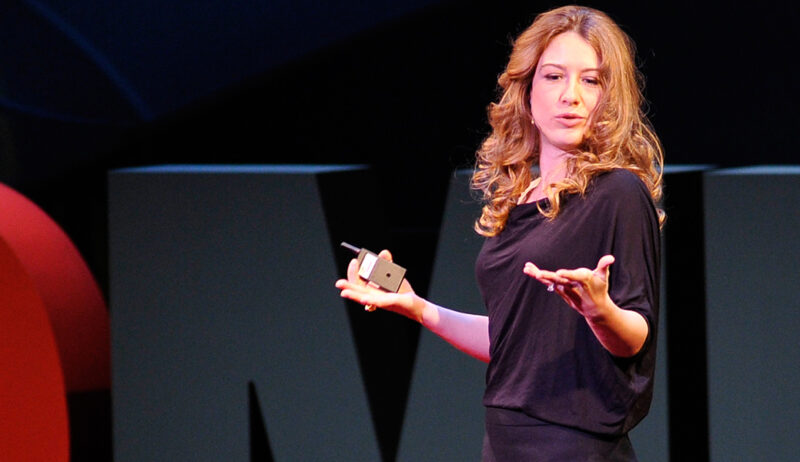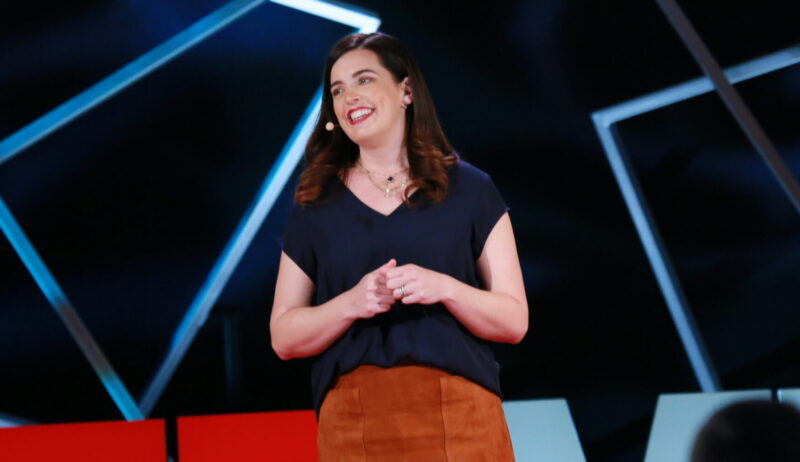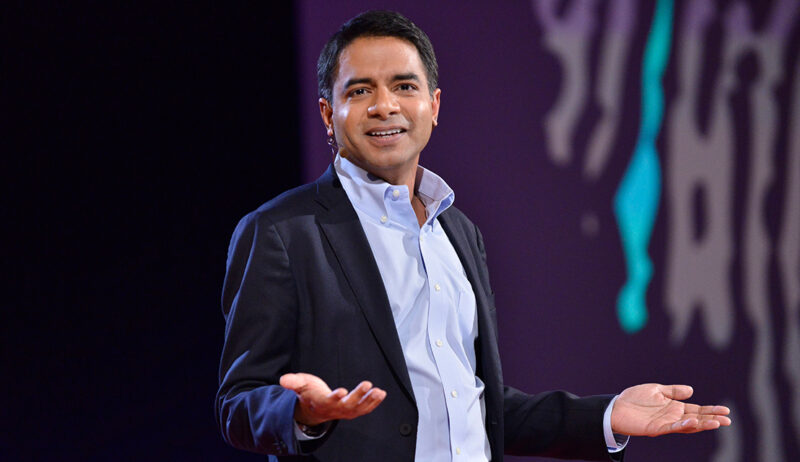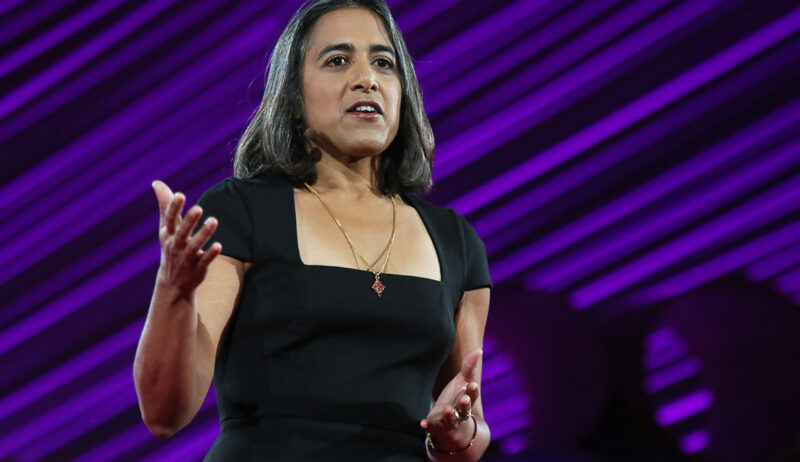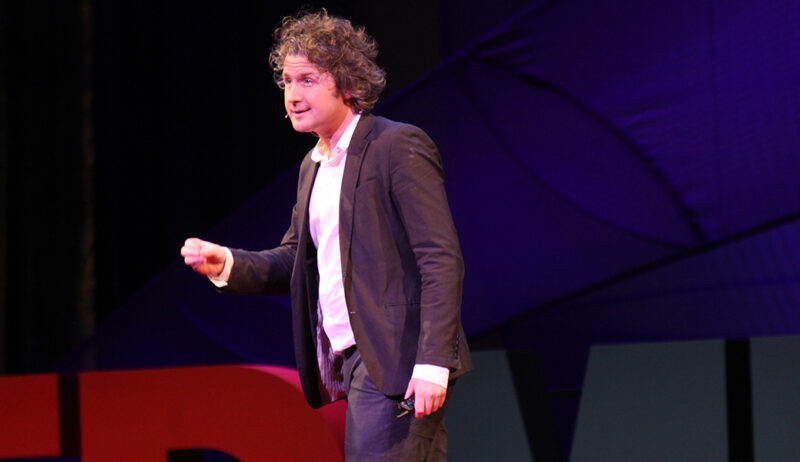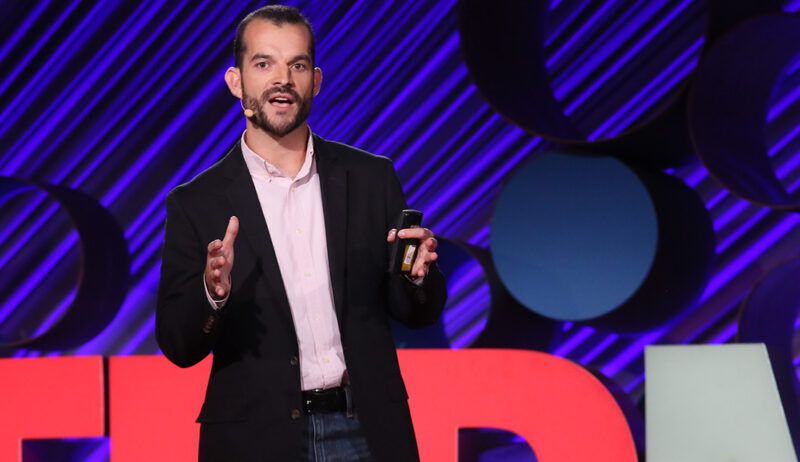About this talk
When the immune functions well, it activates a variety of processes to protect us against deadly threats, such as invading microbes and cellular disease. But what happens when the immune system goes rogue and attacks the body it’s meant to defend? That’s the essence of autoimmune disease—a person’s immune system mistakenly attacks healthy cells in their body.
Immune systems go off course more often than one might think. In fact, approximately 10% of the population suffers from some form of autoimmune disorder. Betty Diamond is an immunologist who’s working to uncover a deeper mechanistic understanding of autoimmune disorders in an effort to improve the lives of people suffering from these diseases. Tune in to Betty’s 2017 TEDMED Talk to learn more about how her patient-centered studies are not only revealing valuable new insights, but also empowering patients to play a leading role in the research into autoimmune diseases.
About Betty Diamond
See more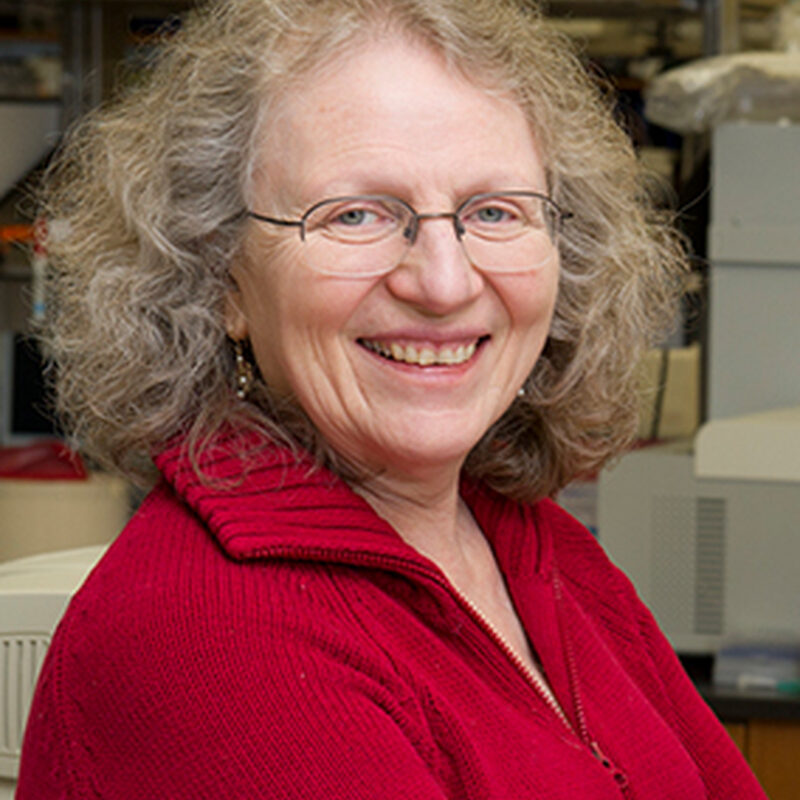
About Betty
Betty Diamond is a leading medical researcher and a pioneer in the study of autoimmune diseases. As the director of the Institute of Molecular Medicine at the Feinstein Institutes for Medical Research, she investigates how a person’s own immune system can attack the body, especially the brain. Her groundbreaking work focuses on the link between antibodies and brain disorders like autism and PTSD in people with autoimmune diseases. She has also spent years studying lupus, a common autoimmune disease, to better understand how to protect people from its devastating effects. Her research aims to find new treatments by targeting the specific immune cells that cause these diseases. In addition to her work in the lab, Betty has a strong commitment to clinical care. She has helped create and lead programs that deliver care to patients and has opened clinics in underserved areas of New York City. Betty’s dedication to both research and patient care has earned her national recognition, including being elected as a member of the National Academy of Medicine and a fellow of the American Association for the Advancement of Science (AAAS).
